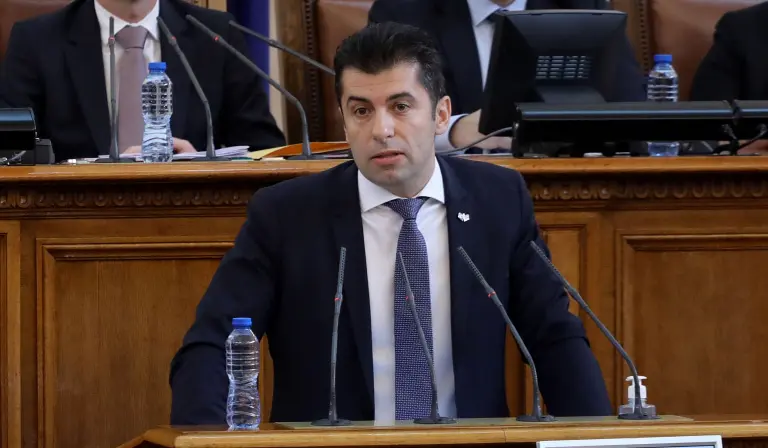
On Friday January 21st, at the podium of his country’s parliament, Bulgarian Prime Minister Kiril Petkov took a stand for his country against Russia’s demands that NATO pull back to its 1997 borders.
“I want to make it clear: Bulgaria is a sovereign state and we have long since made our choice by becoming a member of NATO,” Petkov said in a special statement during a parliamentary session.
And as such, we decide to organise the defence of our country in coordination with our partners. The Washington Treaty does not provide for a second category of member states to which collective defence applies selectively or to a limited extent. We call on Russia to remain committed to a constructive dialogue on the de-escalation of tensions, and to work for a more secure Europe based on the rule of law and the strict implementation of international legal commitments.
The statement from the Bulgarian leader followed as an answer to a press question submitted for Russian Foreign Minister Sergei Lavrov’s press conference on January 14th. The response from the Russian Foreign Affairs Ministry appeared on the government agency’s website on the morning of January 21st. The question had asked about the withdrawal of NATO forces from Bulgaria and Romania as part of Russia’s security demands to NATO and the United States.
The Russian foreign relations ministry reiterated the requirement that NATO’s borders return to their 1997 status, before Russia will withdraw its amassed troops from the Ukrainian border. Romania and Bulgaria, along with other eastern European countries that had been under the control of the Soviet Union prior to its breakup, joined NATO after 1997.
“One of the pillars of our initiatives is deliberately formulated very clearly and does not allow for ambiguous interpretations. It is about the withdrawal of foreign forces, equipment, and weapons, as well as other steps to return to the 1997 configuration on the territory of countries that were not members of NATO at the time. This includes both Bulgaria and Romania,” the Russian foreign ministry said in written answers to questions detailing its conditions for de-escalation at the Russian-Ukrainian border.
